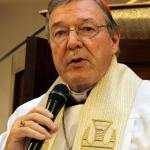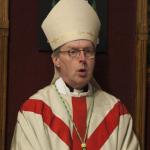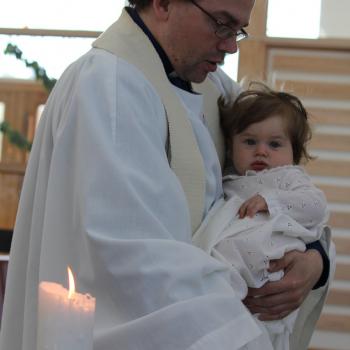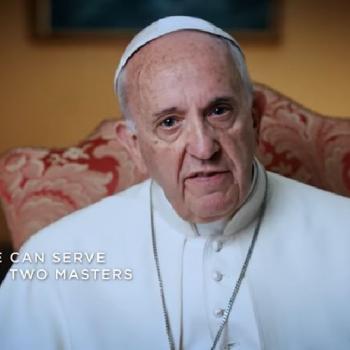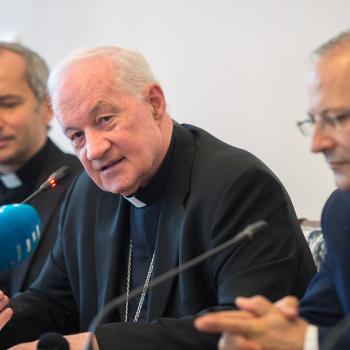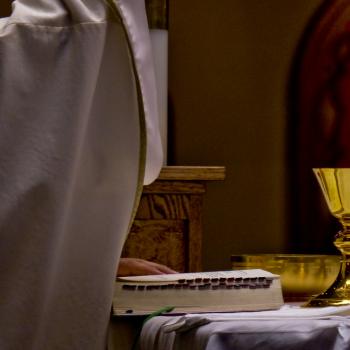Just days after the Archbishop of Hamburg, Stefan Hesse, affirmed that Pope Francis has given a “clear wink” to the possibility that Protestants can be admitted to Communion, Cardinal Walter Kasper has claimed that the Second Vatican Council and Pope John Paul II already gave a green light to the participation of these non-Catholic Christians in the Eucharist. “In my opinion, there is room for a continuation of the discussion”, said the 85 year old German prelate, President Emeritus of the Pontifical Council for Promoting Christian Unity, in an interview with Vatican Insider.
On May 3, the Vatican released a statement that said that though he “appreciates the ecumenical commitment of the German bishops”, Pope Francis had asked them “to find, in a spirit of ecumenical communion, a possibly unanimous decision” on their proposal that Protestant spouses be allowed to receive Communion, a proposal that was passed 54-13 in the Spring assembly of the German episcopate. Critics such as Cardinal Willem Jacobus Eijk, Archbishop of Utrecht in the Netherlands, immediately jumped on Francis’ response to the German idea, and claimed that canon 844 of the Code of Canon Law provides that Protestants may only receive the Eucharist in danger of death. But this canon, in Cardinal Kasper’s opinion, is a red herring, and the key texts in the debate are in fact the Second Vatican Council’s decree on ecumenism, Unitatis Redintegratio, and the encyclicals Ut unim sint and Ecclesia de Eucharistia of Pope John Paul II.
“Every situation is a ‘unique case’, because every person is unique”
For the German cardinal, the conciliar text (8), on the one hand, establishes that the question of Communion for Protestants may indeed be settled by the local episcopal authority, independently of the Pope and the Vatican. The letters of John Paul II, on the other hand, show that non-Catholics can in fact receive the Eucharist even if they’re not on death’s door: as the late Pope says, “the intention is to meet a grave spiritual need for the eternal salvation of an individual believer”. And indeed, this aspect of the care of souls is a principle that is often lost in the so-called intercommunion debate, lamented Cardinal Kasper, or reduced to a “superficial… pastoral argument”. When admitting the faithful to Communion, “of course, one cannot ask of a Protestant what is normally asked of a Catholic”, said the prelate. “It is enough to believe, ‘This is my body, given for you…’ […] the more developed doctrines of transubstantiation or consubstantiation, even a “normal” Catholic believer doesn’t know them…”.
So it is – with Vatican II and John Paul II – that Kasper thinks the objections of the seven German bishops who protested to Rome over the intercommunion proposal can be answered. “When one descends into the realm of concrete life and concrete pastoral care”, concluded the cardinal, “situations are very differentiated. Every situation [of admittance to Communion or not] is a ‘unique case’ [Einzelfall], because every person is unique”. A point of utmost importance, since “theological principles” – such as worthiness to partake of the Eucharist – “are always valid, but their concrete application is not done in a deductive and mechanical way“. If the Church worked that way, said Kasper, “it would be the heresy of gnosis, which is rightly denounced by the present Pope”.

